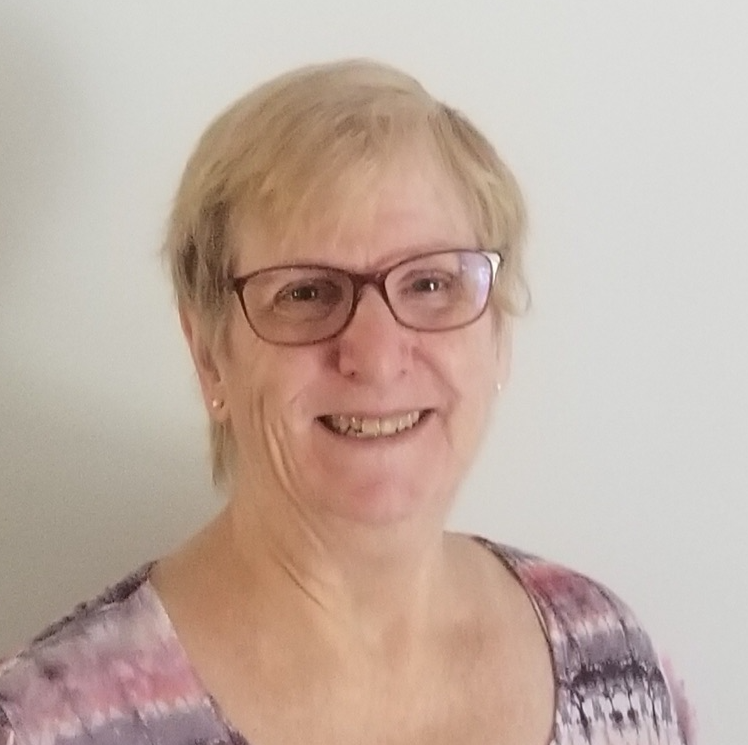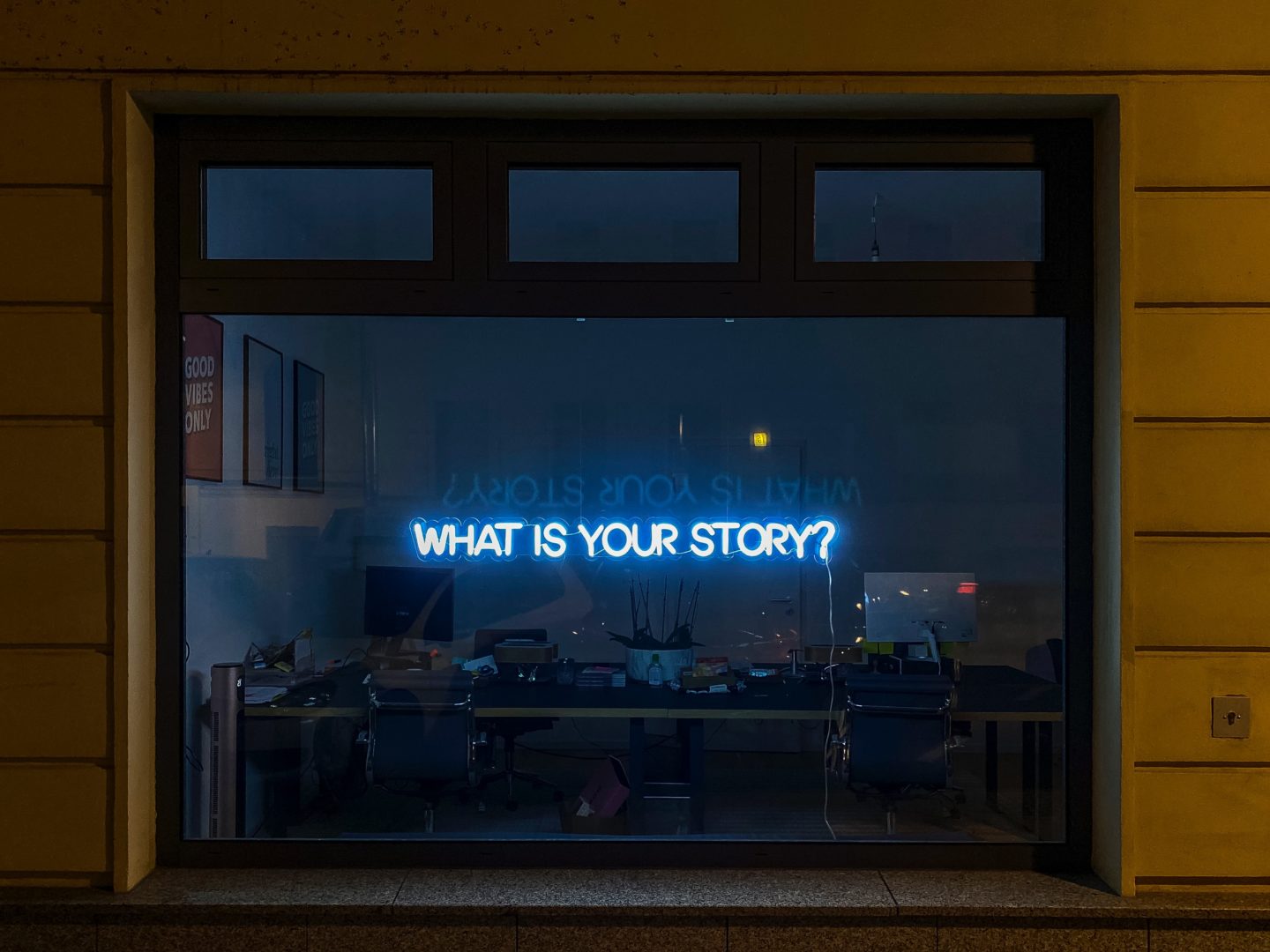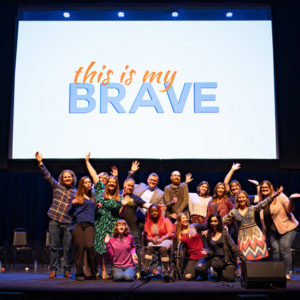My Truth: Inpatient Psychiatric Care
In the past year, America has seen more attention to mental health than any other time I can remember. Hopefully, those conversations will remain a focus in the future.
However, there is one aspect of mental health that I have rarely heard conversations about publicly. That is the experiences of being an inpatient in a psychiatric unit. That is the part of my story I want to share.
I have openly shared this part of my story with friends, family and colleagues. When I first spoke about my inpatient experiences is when I saw a great awaking in their faces. I found the stigmas perpetuated by TV’s and movies are still very present. For many I spoke to, movies and TV were the only exposure they have ever had about psychiatrist inpatient care. How sad.
Over the last 10 years, I have been an inpatient multiple time. I can only speak of my experiences as each unit and each patient are different. The unit was an adult voluntary unit. My admissions happened when I was in crisis needing a higher level of care for my safety.
Yes, you are in a locked unit. No cell phones, computers, iPad, social media or caffeine. Yes, everything brought into the unit by the patient or visitors are inspected for everyone’s safety. For me, this gave me the ability to focus and deal with the crisis without some of the outside stress. I actually found safety in being monitored 24/7 and medication administration. I observed patients who had difficulty handling this part of the process. As we are all individuals having different experiences and diagnoses that is to be expected.
Each day I met with my psychiatrist. For every shift of nurses, there was one on one contact with your assigned nurse. Psychiatric nurses are in a class of their own. They are dealing more mental than physical issues. It takes a special breed of nurse. The Social workers are available to help deal with issues such as paperwork related to work, disability or insurance. They also helped me with communication to my outside treatment team and setting up appointments for after discharge. In addition, arranging and guidance with necessary family sessions or outside resources related to aftercare. They were also someone who would just listen without judgement
Each day was divided into 4 sessions:
One session was a nurse lead group with different topics each day such as medication education, symptoms and side effects, crisis plans. Mindfulness and relaxation techniques to name a few. Each day was different.
One session was a group therapy session lead by a professional. It provided a place to share experiences and gain some education such as dealing with self-esteem issues, anger or isolation.
Two sessions were led by occupational therapists. One session focused on creativity through arts. A chance to decompress from the serious topics. The other session focused on topics and activities such as sensory awareness and mindfulness. Bingo was one of those activities that I particularly found fun and helpful. Instead of numbers squares had questions or statements to start conversations and share. These activities provided opportunities to improve awareness and the ability to focus. Sharing could also provide insight into how others deal with issues.
During other times there were a variety of safe activities such as puzzles, various games and appropriate TV. During the day while sessions were going on, no TV. Evenings were also visiting hours. Patients were able to determine who they do or do not want to be able to visit. I had several people that I did not want to visit. They were well-meaning but their visits did generally more harm than good for my stability.
Once you are stable and safe, usually you would discharge to day hospital. You are on the unit for the daily activities and go home in the late afternoon. For me day hospital provided much needed support to transition back to daily life with a safety net . Once I discharged directly home without being in day hospital and it was a disaster. Going from 24-hour support to being home was too much I went back to work to soon. It definitely affected my ability to do my work effectively and was noted by my manager. It also resulted in me going back to being an inpatient within a few weeks.
For myself being an inpatient helped me through a crisis in a safe surrounding. I found being around the other patients made me feel like I was not alone in this fight for my mental health.
Based on my experiences being an inpatient, it is not being locked away but a part of my journey to safely stabilize, education and ultimately played an important part in my ability to reach a life worth living.

About the Author: My name is Lois Abbott. I live in Hampstead Maryland. I was diagnosed with Bipolar Disorder 2 in 1993. I am a senior citizen however I still ride horses which has been very therapeutic. I am also an avid quilter and have been sewing since I was a little girl.

